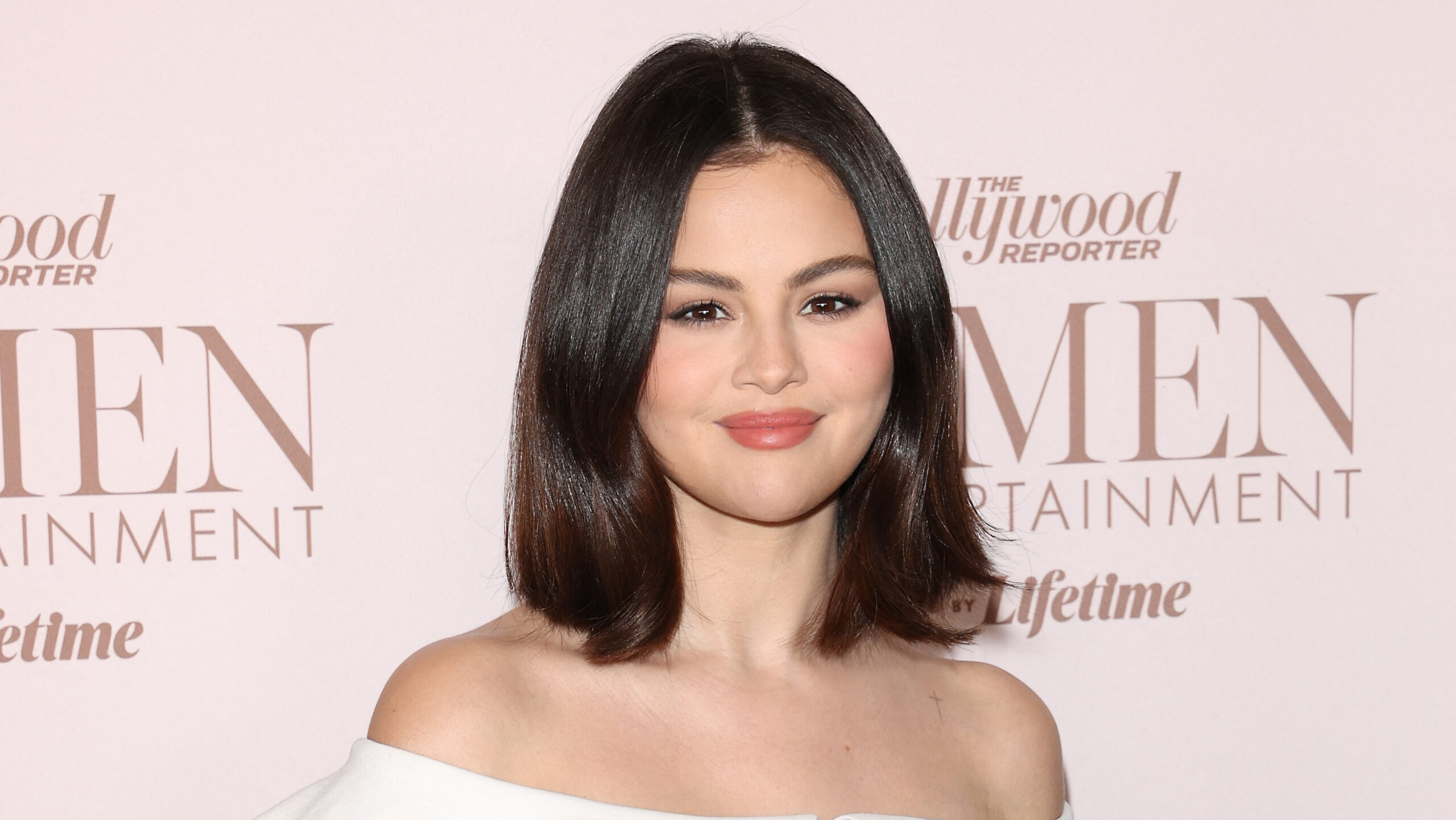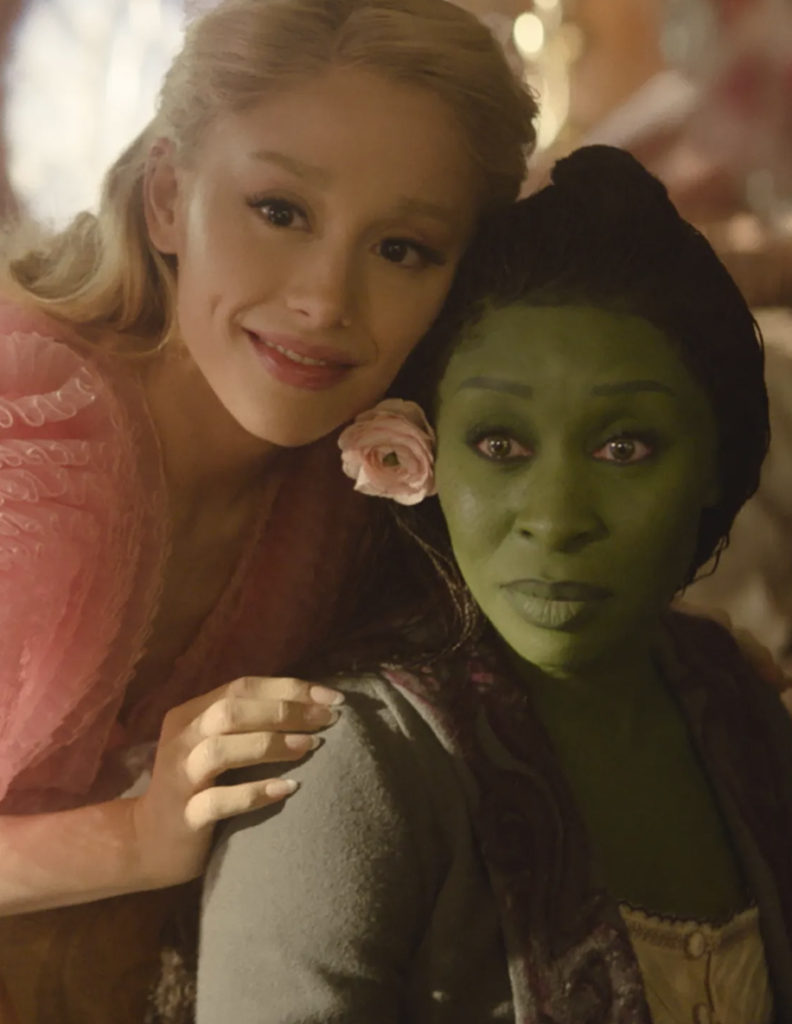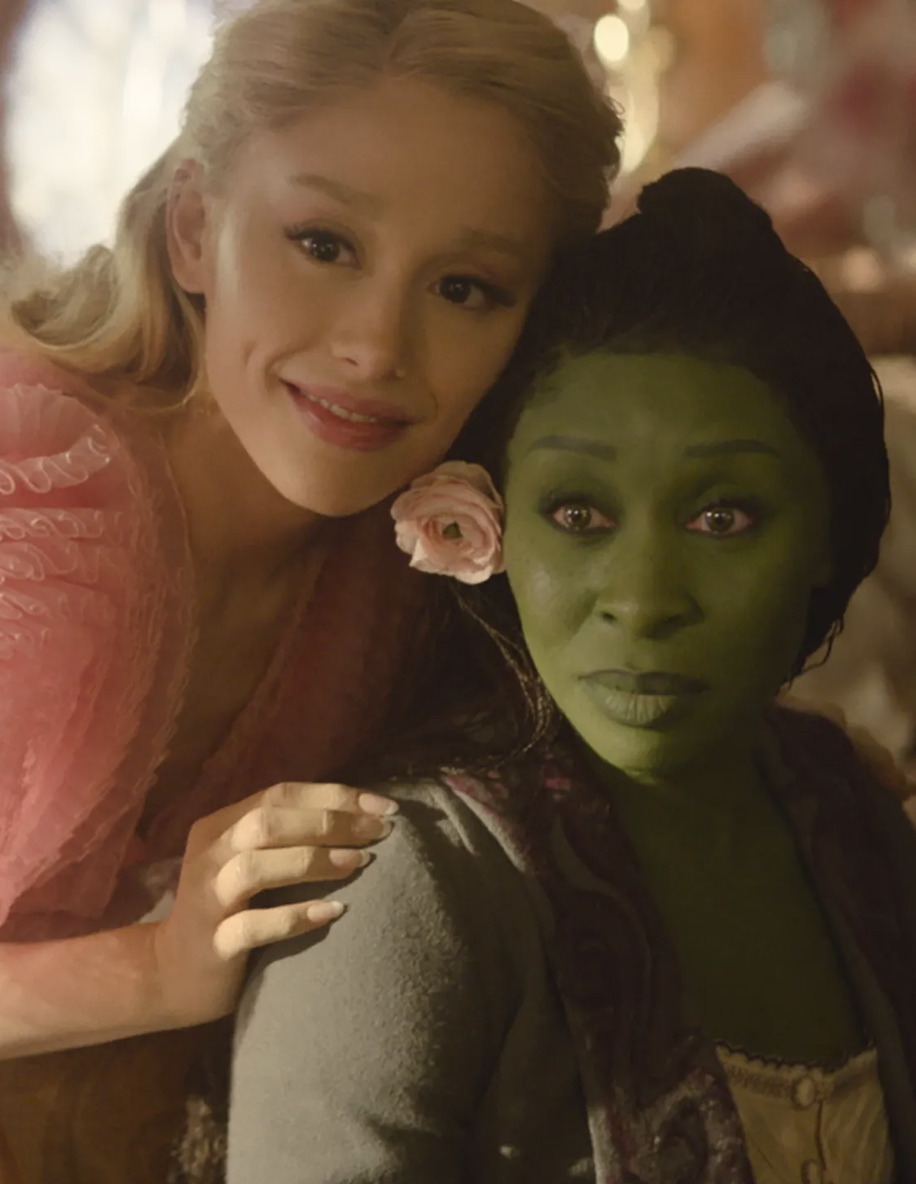What if we told you that the film that received the most Golden Globe nominations this year is currently available on Netflix and features a command performance by A-list megastar Selena Gomez?
That description might leave you wondering why you haven’t heard about this particular offering.
But when you learn that Emilia Perez is a French-produced, Spanish-language musical about a cartel kingpin who undergoes gender-affirming surgery, you might be less baffled as to how it slipped under your radar.


To be clear, we’re sure it’s an excellent film, and you should check it out tonight (though maybe after the kids go to bed; it’s about a cartel, after all).
But it’s not hard to see why it may have struggled to find an audience in the US, even though it premiered on the nation’s most popular (by far) streaming service.
To be fair, in these divisive, hyper-partisan times, it’s tough to imagine any storyline that would appeal to a wide swath of Americans.
But some of this year’s most acclaimed films have premises that sound like they were designed in a lab to appeal to the smallest possible segment of the US population.


From Conclave (top-ranking Catholic officials gather to elect a new pope) to Anora (a Brooklyn-based sex worker falls for a Russian oligarch), these are films that are absolutely worthy of our attention but that seem doomed to never find an audience outside the world of hardcore cinephiles.
Yes, we’d like to pause here and reiterate that our commentary is not about the quality of the films that have received nominations today.
The ones we’ve seen are fantastic, and we’re excited to check out the rest of the crop.
But these days, if a Midwestern, middle-class, middle-everything-else American were to complain that Hollywood is no longer making movies for average working folk, it might be hard to argue against them.
Our cinematic menu nowadays is too often divided into two sections:


Theme park ride movies (comic book flicks, kids’ animated fare) and awards bait (many of today’s nominees). And there’s very little overlap between the two.
Now, it’s important to note that there have been years when the awards-granting bodies have erred in the other direction and pandered to the masses by nominating forgettable superhero flicks. It’s not easy to locate the happy middle ground here.
The best, most memorable awards seasons occur when top-tier fare finds a wide audience, and that audience proceeds to tune in to see if the movie they saw in theaters (and the average American only ventures to the cineplex a few times a year)
That happened last year when Oppenheimer dominated both the Globes and the Oscars after grossing a billion dollars at the box office.
Not surprisingly, Oscar ratings climbed by several million viewers as a result.


It’s the kind of situation that the Academy would love to see every year (fostering that sort of anticipation is one reason that the organization expanded the Best Picture field from five nominees to ten).
In 2024, the best hope for that type of phenomenon is Wicked — but that film lacks the populist appeal of Oppenheimer by several metrics.
For one thing, Wicked’s global box office — while wildly impressive — is only about half of what Oppenheimer raked in.
While musicals can have broad appeal, they are rare to break through with mainstream audiences the way that Oppenheimer and its unlikely rival Barbie did last year.
Such phenomena are exceedingly rare, and studio bigwigs are probably already looking back on 2023 with tears in their eyes. In fact, we might never again see that sort of consensus between critics and audiences.
The problem is not that award voters choose what they believe to be the best films regardless of popular appeal. That’s what they’re supposed to do, after all.


Rather, the issue is that Hollywood has forgotten how to consistently make films that score with both critics and audiences — movies that can rake in statuettes and box office bucks.
Barbenheimer was a fun time, but it was also a sad reminder that that sort of thing used to happen all the time.
And now, we might never again have a year in which Forrest Gump goes toe-to-toe with Pulp Fiction or where a box office juggernaut like Dances With Wolves edges out a modern classic like Goodfellas.
Hollywood bigwigs should be pulling all-nighters until they figure out a way to recapture even some of the magic of those days.
In the meantime, they should continue producing both Emilia Perez and Deadpool & Wolverine. Both have much to offer to their respective audiences.
But studios and award voters shouldn’t be surprised when the Golden Globes and the Oscars continue their gradual transformation from cultural phenomenon to hyper-niche event for an increasingly small but passionate audience.